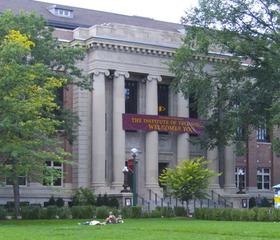Community colleges in California are struggling, and at this point, it’s anybody’s guess how the problems with higher education in the state will eventually shake out. While much of the focus on California community colleges of late has centered on San Francisco City College's accreditation threats, this isn’t the only school getting low marks by the Accrediting Commission for Community and Junior Colleges. Many of the two-year schools around the state appear to be in trouble, although some are currently in hotter water than others. Can these schools, which are so vital to the student population and the employment outlook of the state, pull themselves out of the holes they are slowly sinking into?
Accreditation Sanctions Running Rampant
According to a report at the Sacramento Bee, numerous California community colleges across the state are in trouble with the accreditation commission. Three of these schools, including San Francisco City College, are facing the most severe “show cause” sanctions. In addition, 10 campuses have been placed on “probation” status and another 14 have received “warning” status. All of the schools have been given specific guidelines they must follow if they want to improve their status by the next accreditation evaluation; however, the three schools in the direst circumstances also have the most work to do.
“The problems colleges have run into with accreditation are abnormally acute at this point in time in California,” David Baime, senior vice president with the American Association of Community Colleges,



































































